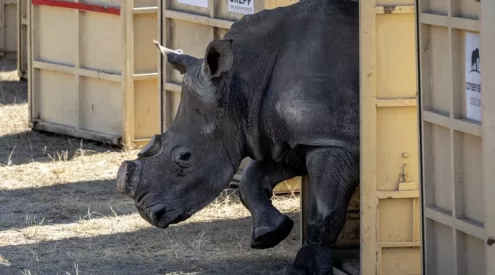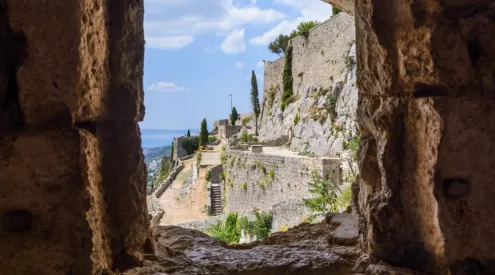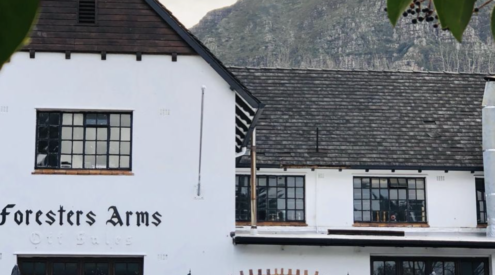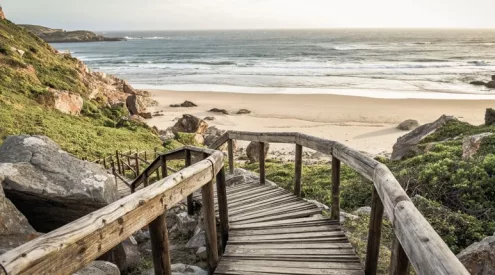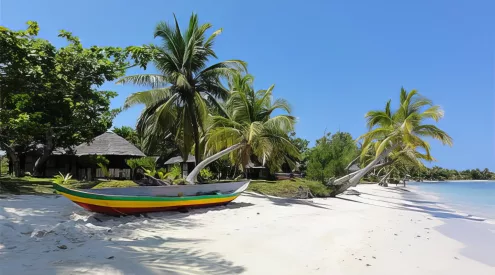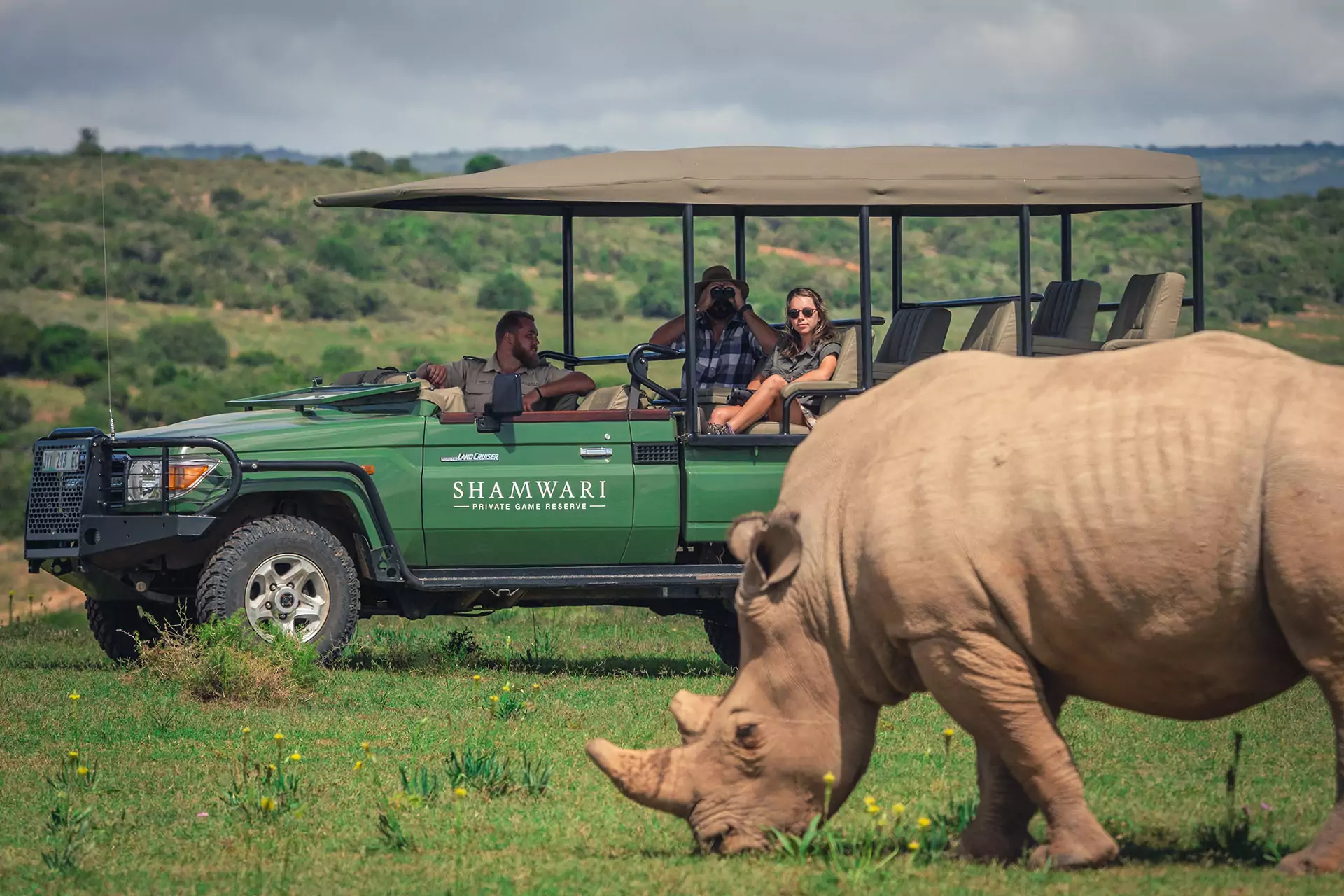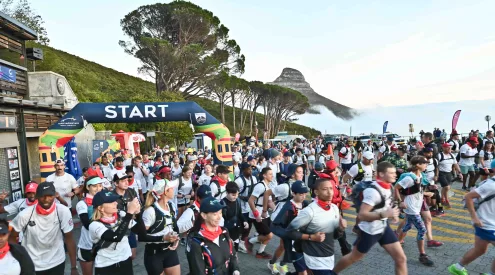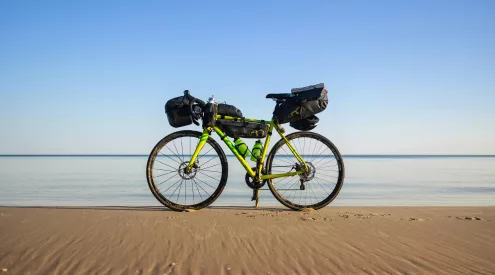Death Road (or El Camino de la Muerte in Spanish) in Coroico, Bolivia is described as the most dangerous road in the world. With 200 – 300 deaths a year, one would think you would have to be stark raving mad to pay money to live on the edge, literally. This thought only sunk in whilst I was flying downhill on a mountain bike in eighth gear, slamming on both brakes while negotiating hair-pin bends and oncoming traffic. Panic struck when I realised that this was the easy tarmac section and we hadn’t even reached the gravel road where a quick wipe-out could end in more than tears.
OK, maybe I’m being a little melodramatic: we started the day trip at 4700 m above sea level overlooking a crystal clear lake mirroring the snow-capped mountains. Our local Bolivian guides at Vertigo Biking handed us our comprehensive protective gear including elbow and knee-pads, a full-head helmet and heavy-duty trousers and jacket. Once geared up, we each grabbed a double suspension mountain bike, took a slow deep breath and familiarised ourselves with our vehicle for the day.
The first 63 km of cycling carefully downhill on the tarmac road made me feel like a kid trying to learn to ride a bicycle all over again. Once I had stopped wobbling and loosened my grip on the breaks, I re-focused my attention to the scenery. The icy fresh air splashed my face while the sound of waterfalls cascading down the mountain face was a true ‘Wow’ moment.
After a snack break and dealing with permit formalities, we hit the gravel road. My entire body shuddered as we tackled the rough terrain, weary of the proximity between my tyres and the cliff’s edge. After a minor clumsy wipe-out at a sharp turn, my heart rate recovered and I was sharply reminded that my forearms and hands actually host stagnant muscles, but after a while I adjusted.
The old road offers a combination of downhill and flat sections which takes you from 4700 m down to the tropical region of 1100 m above sea level. As temperatures increased, we shed some layers and enjoyed cycling through shallow rivers and through the San Juan waterfalls.
The vigorous cycle route ends in the small village of Yolosa where we shed our protective layers, bid farewell to our mountain bikes and toasted each other with a local beer. Our guides decided this would be a good time to tell us of the recent incidents where tourists have fallen to their death which made me realise that sometimes the cliché ‘ignorance is bliss’ is best.
So the next time I wear my free T-shirt that says, ‘I’ve got what it takes to ride down the world’s most dangerous road’ I will thank my guardian angels that our group arrived alive, take a moment for those who did not, and value the incredible experience of cycling through Bolivia’s rough yet beautiful landscape.

